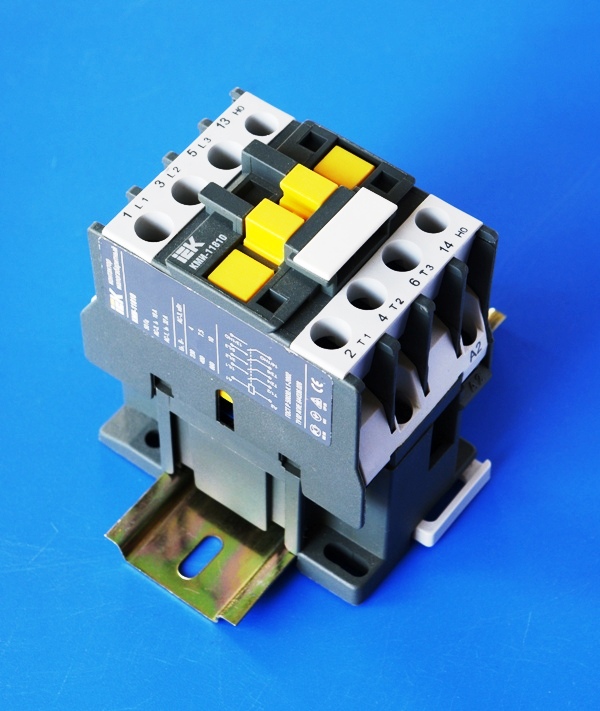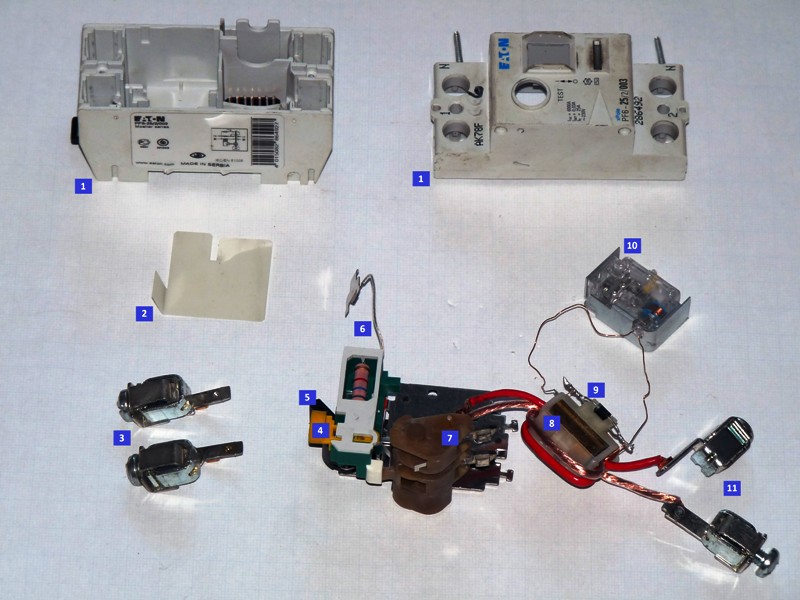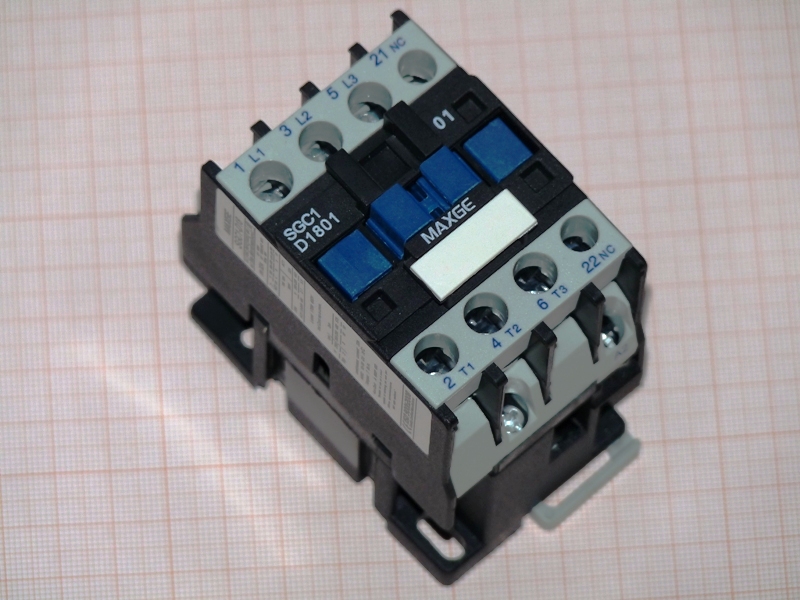In the realm of air conditioning and heating systems, the water heater contactor stands as a crucial component that often operates behind the scenes. This article delves into the inner workings of the water heater contactor, shedding light on its role in ensuring optimal functionality and precise temperature control in air conditioning systems.
The Heart of the HVAC System
The Water Heater Contactor: A Brief Overview
At the core of many heating, ventilation, and air conditioning (HVAC) systems, the water heater contactor serves as a silent orchestrator, facilitating the efficient operation of the water heater. Its primary function is to manage the electrical flow to the heating element, allowing for precise temperature control and energy efficiency.
Operation Principles

Electrical Control of the Heating Element
The water heater contactor operates on a straightforward yet effective principle of electrical control. When the thermostat signals a need for heating, the contactor receives the command to engage the heating element. This initiation of electrical flow generates heat, warming the air or water, depending on the system’s design.
Precision in Temperature Control
One of the standout features of the water heater contactor is its ability to provide precise temperature control. The contactor regulates the electrical current to the heating element, modulating the intensity of heat production. This level of control ensures that the desired temperature is reached and maintained, contributing to both comfort and energy efficiency.
Components and Configuration
Contact Points and Coils
Internally, the water heater contactor consists of contact points and coils. When the thermostat signals a demand for heating, the coils within the contactor generate a magnetic field. This magnetic field, in turn, attracts the contact points, completing the electrical circuit and allowing current to flow to the heating element.
Durability and Longevity
Quality contactors are designed for durability, capable of handling frequent engagements and disengagements. The materials used in their construction, such as copper or silver alloys, contribute to their longevity, ensuring reliable performance over the lifespan of the HVAC system.
Significance in Energy Efficiency
Minimizing Energy Consumption
The water heater contactor plays a pivotal role in enhancing the energy efficiency of HVAC systems. By precisely controlling when the heating element is active, it minimizes energy consumption, preventing unnecessary heating cycles and optimizing the overall efficiency of the system.
Smart Integration for Energy Savings
In modern HVAC systems, smart technologies often integrate with water heater contactors. Smart thermostats can communicate with the contactor, learning patterns of usage and optimizing heating cycles for maximum energy savings. This level of intelligence contributes to both environmental sustainability and cost-effectiveness.
Maintenance and Troubleshooting

Regular Inspections
Ensuring the proper functioning of the water heater contactor involves regular inspections. Checking for any signs of wear on contact points, examining the condition of coils, and verifying electrical connections are crucial steps in preventative maintenance.
Troubleshooting for Optimal Performance
In the event of heating issues, the water heater contactor should be part of the diagnostic process. If the heating element is not receiving power, it could be indicative of a malfunctioning contactor. Prompt troubleshooting and, if necessary, replacement of the contactor can swiftly restore optimal performance to the HVAC system.
Cooling Precision Defined
In conclusion, the water heater contactor stands as a linchpin in the realm of air conditioning and heating, enabling cooling precision and energy efficiency. Understanding its role in managing the electrical flow to the heating element provides insight into the nuanced mechanics that contribute to a comfortable and well-regulated indoor environment.
Regular maintenance and a proactive approach to troubleshooting ensure that the water heater contactor continues to perform optimally throughout the life of the HVAC system. As we delve into the intricacies of these components, we gain a deeper appreciation for the cooling precision they bring to our daily lives, making indoor comfort a seamless and efficient experience.

